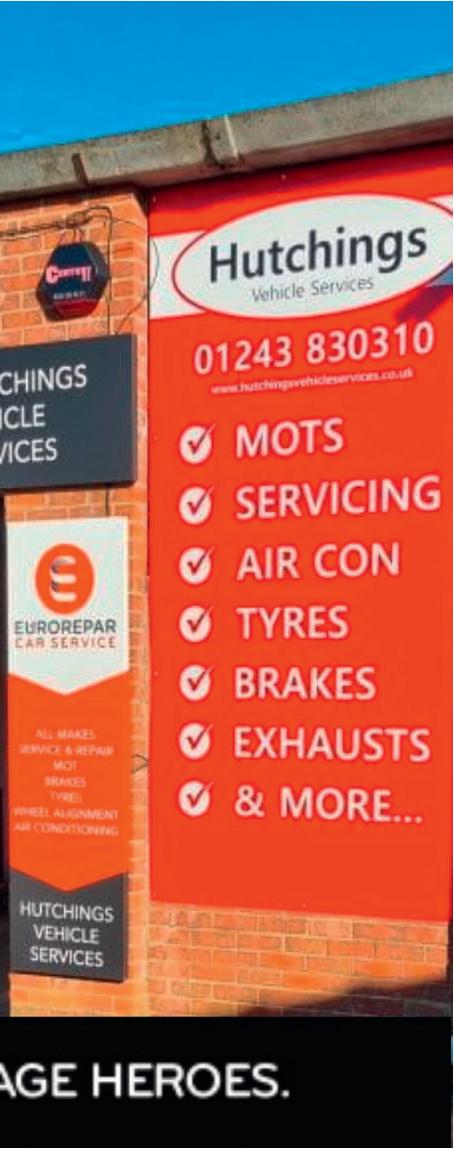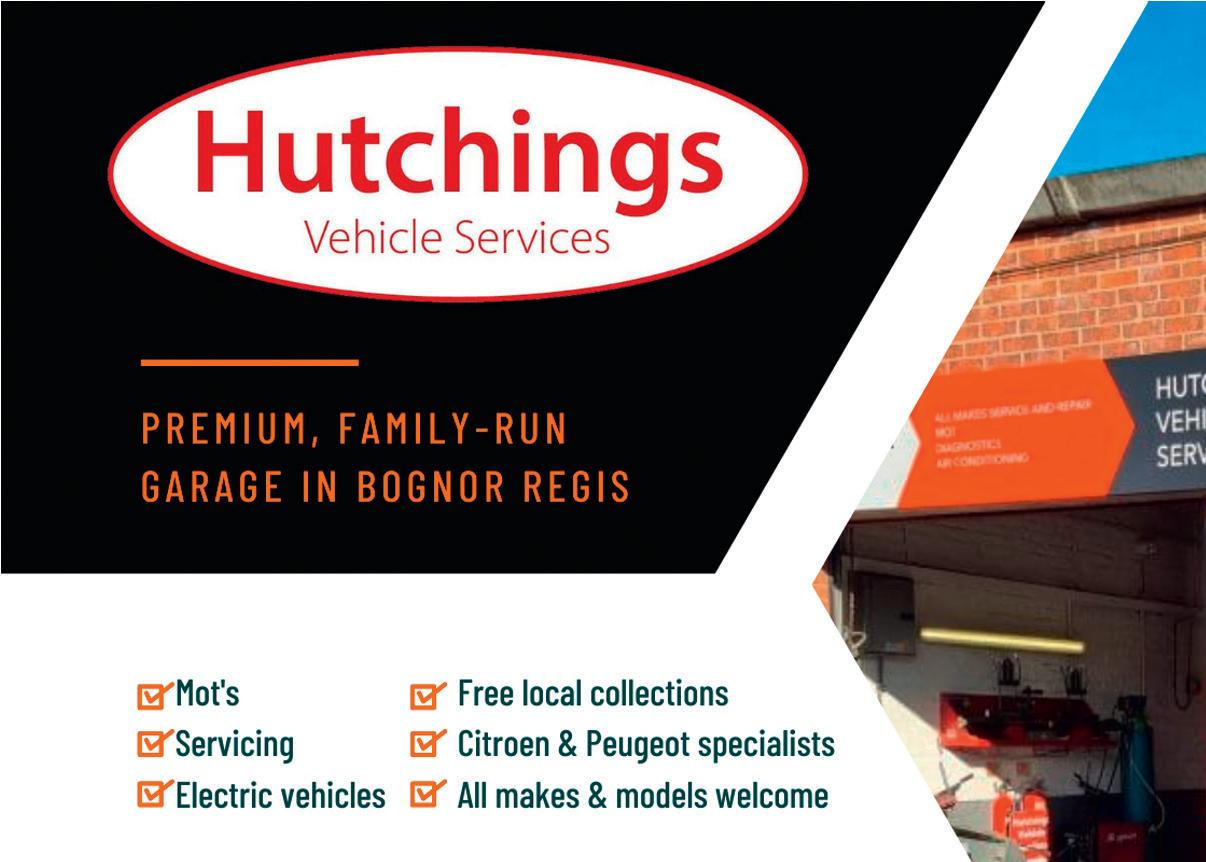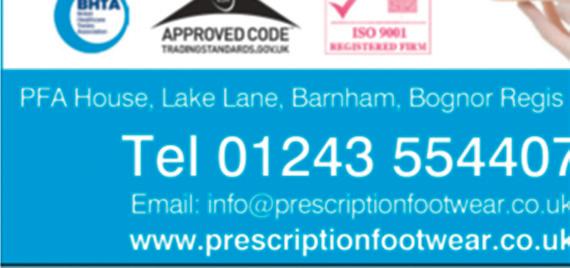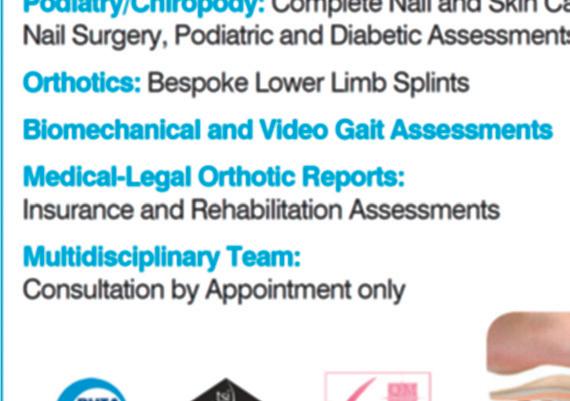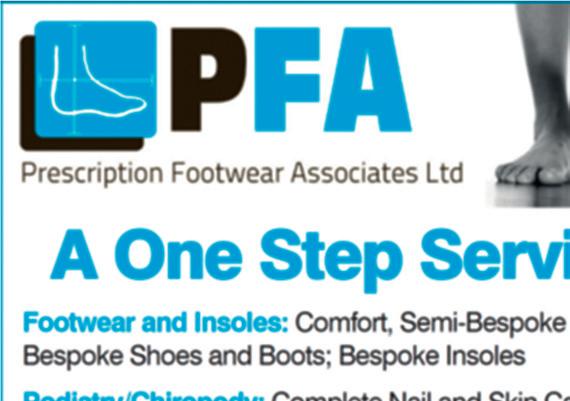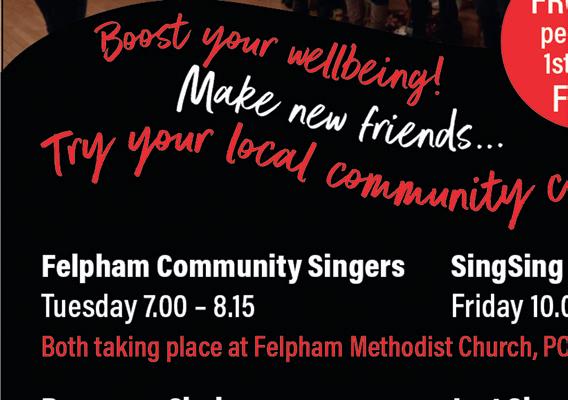
3 minute read
TrAVELLErS’ TALES
By KIm LESLIE
Fed up with roads today – pot holes, road works, traffic jams and congestion? Just consider the trials and tribulations facing the 18th Century traveller.
Advertisement
Sussex had such a bad name, all because of its terrible roads. One 18th Century author wrote that it’s ‘extreamly dirty, insomuch that it is better measured by days Journies than by miles. hence it is, that in the Order for regulating the Wages of Stage-Coachmen at such a Price and distance from London, Sussex was excepted, as deserving better Pay for shorter Way …’
In 1703, King Charles of Spain made his way to Petworth house on Christmas day. One of his retinue recorded his nightmare journey: daniel defoe, best known for his novel robinson Crusoe, was even more astonished on seeing a lady travelling near Lewes in the 1720s – and ‘a lady of very good quality’, he assures us –going to church in a coach drawn, not by elegant horses, but six oxen, ‘the way being so stiff and deep’, a sight he’d never seen in any other part of England.
‘… we set out … by torchlight and did not get out of the coaches, save only when we were overturned or stuck fast in the mud, till we arrived at our journey’s end. ’Twas hard service for the Prince to sit fourteen hours in the coach that day, without eating anything, and passing through the worst ways that I ever saw in my life; we were thrown but once indeed in going – in returning they were overturned twice; but both our coach … and his highness’s … would have suffered very often, if the nimble boors of Sussex had not frequently poised it, or supported it with their shoulders, from Godalming almost to Petworth; and the nearer we approached the duke’s house, the more unaccessible it seemed to be. The last nine miles of the way cost us six hours time to conquer them …’.
That’s just one-and-a-half miles an hour, and for a member of royalty at that, when everything possible would have been done to ease the journey. rich or poor, king or commoner, everyone travelled around Sussex at their peril.
Travellers’ tales were infamous: coaches abandoned in deep ruts, broken axles, passengers pitched into hedges, injuries, even death quite common, all of which help explain horace Walpole’s lament: ‘The roads grew bad beyond badness … If you love good roads … be so kind as never to go into Sussex. Sussex is a great damper of curiosity.’
Even a hundred years later, road conditions in Victorian Sussex were still hazardous and slow. Bognor’s stage coach to London, The Comet (hence Comet Corner at middleton), left Bognor at 6.45 in the morning, arriving at 5 in the afternoon, taking 10 hours and 15 minutes for a distance of 66 miles, giving an average speed of just six-and-a-half miles an hour. Ponder the past when grumbling about the present!
To contact VILLAGES IN FOCUS please email: office@infocusmagazines.co.uk

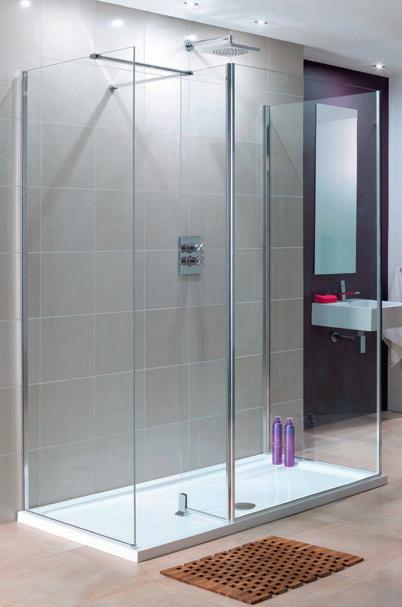
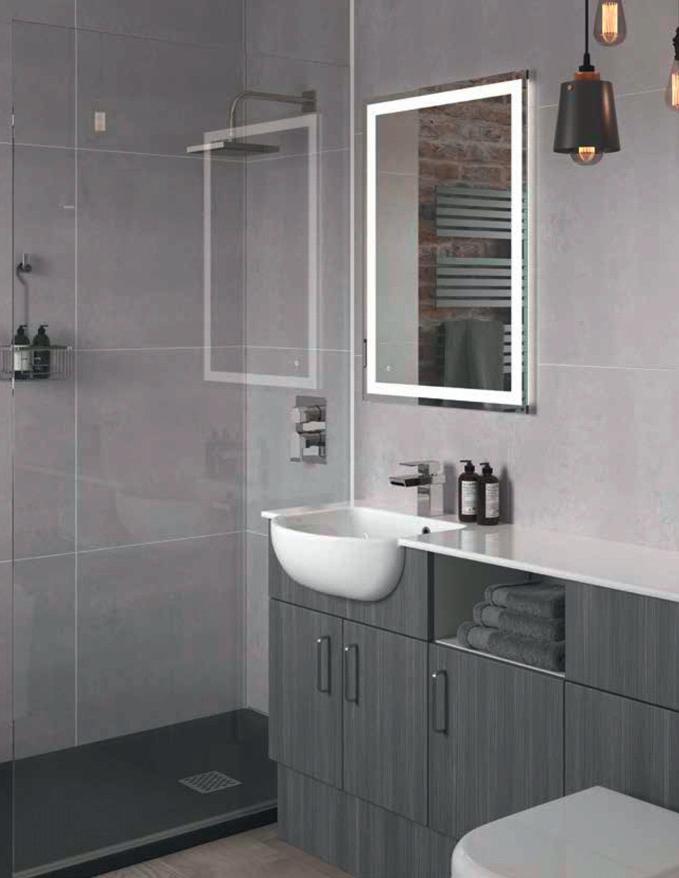

r h UBA r B C rUm BLE m UFFINS
Preparation time: 25 minutes ingredients
For the muffin mix
• 175g caster sugar
Cooking time: 15 minutes makes 12 muffins
• 175g rhubarb, halved lengthways then diced
• 2 tbsp sunflower oil
• 1 egg
Method
• 1 tsp vanilla extract
• 125ml buttermilk
• 200g plain flour
• 1 tsp baking powder
• 1 tsp bicarbonate of soda
• Preheat the oven to 220C / 200C fan /gas mark 7. Fill a 12-hole muffin tray with paper muffin cases.
• mix the sugar and rhubarb together and set on one side.
• To make the crumble topping mix together the muscovado sugar with the flour, oats and cinnamon. rub the butter into the mixture until it comes together into crumbly clumps.
• Beat the oil and the egg lightly together, then stir in the vanilla and buttermilk. Pour the mixture over the sugar-coated rhubarb. Add the flour, baking powder and bicarbonate of soda and mix well.
For the crumble topping
• 50g light muscovado sugar
• 50g plain flour
• 25g porridge oats
• 1 tsp ground cinnamon
• 50g butter
• Spoon the mixture into the cases, then cover each one with a thick layer of the crumble mixture. Bake for 15-18 mins until golden and a skewer poked into the centre of a muffin comes out clean. Leave to cool on a wire rack.
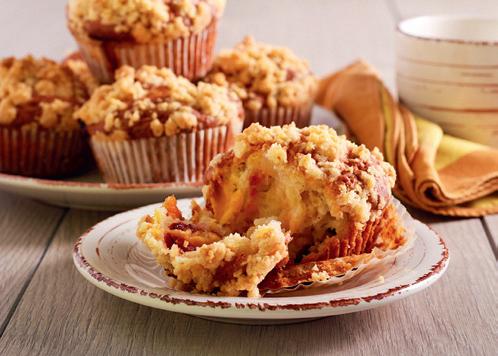
To contact VILLAGES IN FOCUS please email: office@infocusmagazines.co.uk

Please mention VILLAGES IN FOCUS when responding to adverts

